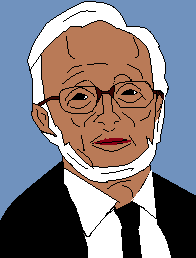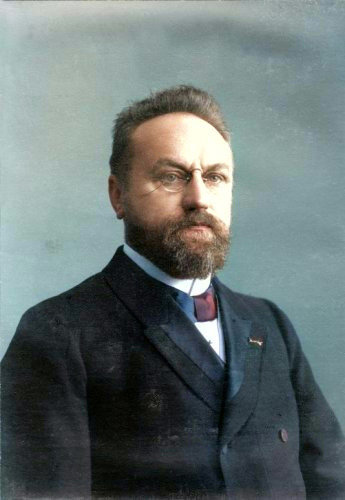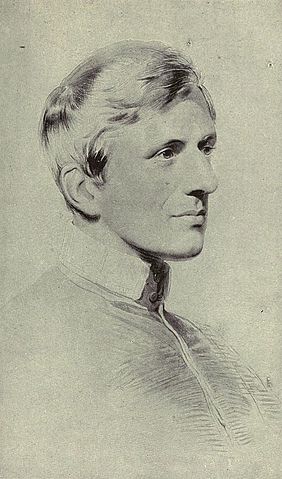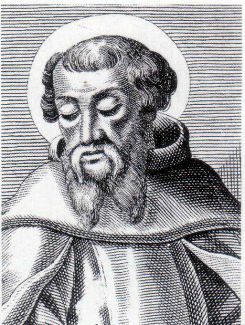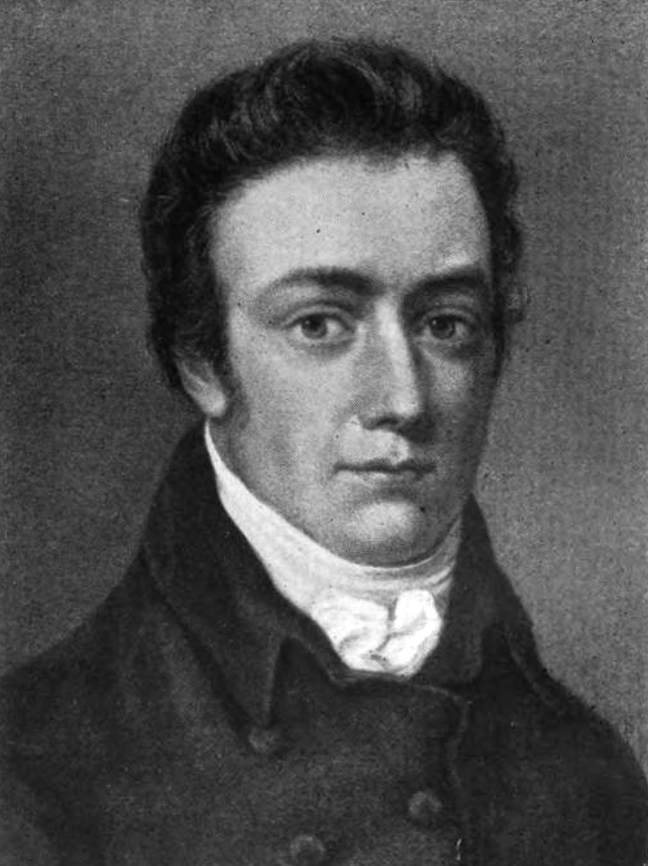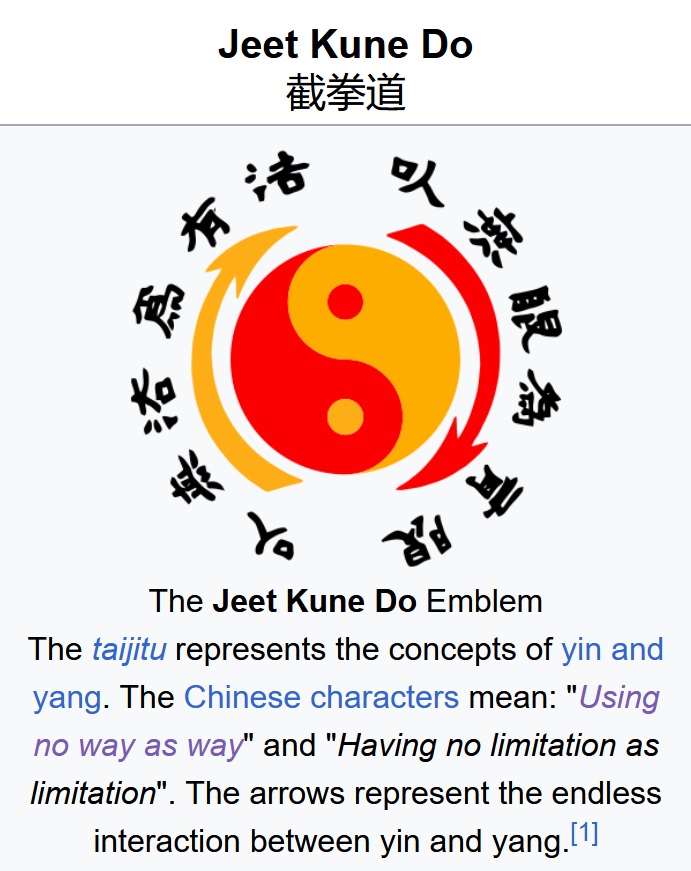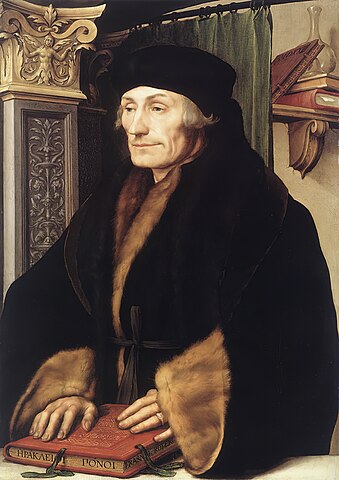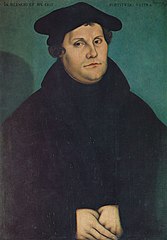This Week I was looking at the first chapter of Theology of the theologians by the late Colin E. Gunton. Gunton raises the question of if it is feasible to think in terms of an English systematic theology. Hmm this is an interesting question but I prefer British theology as not a German Theology. At the end of the day I think the Europeans need the Brits as much as the Brits need the Europeans for theology. Then again Theology belongs to the whole gamut of humankind. Reading that first chapter reminded me of my days at King’s and how I miss those days listening to Colin Gunton teach us, especially about Barth and Irenaeus.
Even before reading the book, there were some photos of various theologian on the front cover. At the top section of the front cover, we have Edward Irving, Robert Willis Dale, John Owen and PT Forsyth.
On the bottom of the cover, we have Luther, Karl Barth and Coleridge.
In the English speaking world, they all had something to contribute to the Church. They had their flaws as we all do but they also had their ideas:
- Edward Irving’s teachings were certainly a precursor to Azusa Street Pentecostal church. He also got kicked out of the Church of Scotland for the heresy that Jesus was born with sinful flesh.
- Robert Willis Dale was instrumental in helping the poor and helpless in society in Birmingham and my idea is that he was a precursor to the welfare social systems we find around the world.
- John Owen was a solid Bible teacher, who was also Oliver Cromwell’s personal minister.
- PT Forsyth who by some is seen as a precursor to the ideas that Karl Barth came up with. He certainly saw the evils of WW1. It made him think about the incarnation and the atonement and God also put his money where his mouth was… That God was also willing to suffer for his creation…
- Martin Luther is famous for Justification by faith alone and hatched the egg that Erasmus laid. In other words Erasmus made it obvious that there was corruption in the Church. Luther was responsible to start the Reformation and inadvertently the Roman Catholic Church had to look at itself with the counter Reformation.
- Karl Barth is known for his Church Dogmatics, and he did strange things such as to make our Lord the subject and object of God’s Mercy and God’s Wrath.
- Coleridge one of Gunton’s favourites, the one who set off the Romantic Period in the UK in his later life made significant moves into thinking about the Trinity and Culture
Rationalism
Rationalism according to the Oxford dictionary via Google search engine says:
- the practice or principle of basing opinions and actions on reason and knowledge rather than on religious belief or emotional response.
“scientific rationalism”
Philosophy
the theory that reason rather than experience is the foundation of certainty in knowledge.
Theology
the practice of treating reason as the ultimate authority in religion.
Then we had the Counter Rationalist movement of Romanticism:
- literary and artistic movement marked chiefly by an emphasis on the imagination and emotions.
- the quality or state of being romantic. (From Merriam webster.com)
As can be seen some serious things have happened over the last couple of hundred years and the modern world, we live in is still dealing with these issues. We cannot escape culture and religion because it touches on what it really means to be a human. Hermann Bavinck had one of the coolest heads on these issues. If one over emphasizes rationality over against emotion or vice versa then we are missing the point. As human beings we have the power to think but also to feel. (From Reformed Dogmatics; pages 264-269; Herman Bavinck; edited by J Bolt)
Today the situation for humans has got even worse. We are no longer people but data! We all have our social security numbers and if we lose them, we cannot access necessary services for living. People who fall out of the system are in grave danger of being isolated or even being found dead under a bridge or perhaps frozen to death. This is a serious problem and charitable and religious organizations have stepped in such as the Salvation army. If a person is only data, then from one perspective, they are passively deemed not important and the innate importance of being human, created in the image of God becomes a problem. In Western society, as progress marches forward people are becoming less and less human to the point of becoming ghosts inside the system of progress. When officials contact people, they can hide behind the face of the computer.
So then because of these reasons I have given, we need to return to look at how to become human again. Being human includes rationality but also feeling. We cannot over emphasize one over the other. This is why Gunton’s work is so important… Gunton had done a lot of the dirty spade work in finding out why our Western cultures are in melt down. His book, The One the Three and the Many gives us direction and it shouldn’t be read just by theologians; it should be read by all Christians, atheists, agnostics and by other religious and non-religious traditions who have an ability to bring about social change for the better. If we could put the bit in the mouth of the Western cultural horse and somehow turn the beast in the right direction so that we can find our humanity again. To learn to love our Trinitarian God and our neighbour again.
Theology through the theologians
Gunton starts where Karl Barth also started, in the 19th century. The picture of theology and history in general in some ways looked rather bleak. Everything in the 19th century was in turmoil and the French Revolution sent shivers throughout Europe. In this period, we had two great movements of thought within Europe; Rationalism with Kant who caused a break between thinking and doing, then the counter movement of Romanticism that emphasized feeling over against pure reason.
John Henry Newman
Obviously when we are looking at God it has also something to say about human nature and culture. Even not saying anything about God is saying something about God. I was also rather taken aback when I read the following on page 9:
“For Newman, talk of the oneness of God is one thing, the product of philosophical reflection, while the threeness is a matter of authoritative revelation. Speculation about the relation of the one and the three is forbidden:“…the Catholic doctrine of the Trinity is mere juxtaposition of separate truths, , which to our minds involves inconsistency, when viewed together; nothing more being attempted by theologians, for nothing more is told us.”
If Newman really did say “Trinity is a mere juxtaposition of separate truths” then this is very serious and is an act of irrationality of the highest order. I know that Roman Catholic theology uses Aquinas’ theology, and he would never close his mind to this type of thing. It seems to me some sort of defensive position for the Trinity.
Juxtaposition means: ‘the act or an instance of placing two or more things side by side often to compare or contrast or to create an interesting effect’ (From merriam-webster.com).
In the advance of the onslaught of modern rationality and pantheism this by John Henry Newman was a copout (Hiding behind the walls of authority). In fact, Newman was wrong and as Gunton said, if Newman had read a little more perhaps, he may have come to another view.
What Gunton had said earlier on in this book is that we need to see examples from our tradition such as Anselm and Irenaeus as people who thought outside the box and did not allow philosophy to contain theological ideas. Not allowing philosophy to run on parallel line to theology. Rather being able to see the bigger picture of reality. Being systematic in thought does not necessarily mean that one has to give in to being over systematized.
“…Why is it that I wish to recommend the odd figure of Coleridge as a model for an English systematic theology? (From page 10) … Yet Coleridge’s quest for truth was not one which divorced it from practical concerns. Far from it, for in many ways a moral concern was very much at the centre, as we shall see. One form the quest for truth took was in his engagement with the thought of that prince of modernity, Immanuel Kant. Kant, as we are often reminded, stands at the watershed of modern thought, as is revealed above all else in the breach he engineered between the truth of being and the truth of doing. Coleridge took up his moral thought, and developed from it the possibility of a unified — and theological — view of reality. Of course, there was an element of wish-fulfilment in his assertion that he could not believe Kant really meant what he said about the impossibility of metaphysics. But Kant served as a first step, as a liberator from the mechanistic view of reality that threatened to sweep all human values off the face of the earth. Freedom, human freedom, was Coleridge’s concern, as it was Kant’s. But rather than assert it against the blank wall of the empty universe — as the Kantian Sartre was later to do — he used it as a starting—point in a search for a universe containing the possibility of personal truth.” (pages 10-11)
For Gunton Coleridge in his later life was someone who evolved into having a more mature theology of the Trinity. In fact, Coleridge was in some way looking for the truth of God and sometimes he went down the wrong tracks. He got himself addicted to opium, he was highly influenced earlier on with Pantheism and Unitarianism. Somehow though he was able to break out of this straight jacket that led him nowhere. Gunton says the following about Coleridge:
I can see why Gunton found Coleridge very interesting… Coleridge was able to breakthrough the many walls of culture and find the importance of the Trinity. Coleridge is not hiding behind any wall of authority to make a point about the Trinity.
Gunton finishes this chapter off by looking at the present reality and if it is a possibility to have a home grown (British) Systematic theology with the ability to converse with other traditions.
Reflection
The way we do theology is important because what we believe to be true affects what we think it is to be human. At the moment in the various Western societies people are not being treated fully as social beings but as commodities. Rabbi Sacks book on Morality is a correction for this situation, but also, we need to think through how to do theology because there has to be a balance between the created order and the infinite. Many times, this balance is broken, and it has led to catastrophes in the real world.
I think what the late professor Gunton wants us to do is to step outside of our laurels and take the doctrine of God seriously. The Trinity is an enormous subject that affects our world view about everything and the whole of reality. Sin has indeed entered our world through the Fall and even these theologians we are talking about had their own idiosyncrasies, but these faults spurred them on to go deeper. Coleridge for example had a great mind but got hooked on drugs. By faith he was able to move forward and find God and became a fully fledged Christian. Because of his experiences we are able to critique those who would want to put God on a side burner.
Going on a Tangent
I also found it fascinating that Coleridge was also affected by the French Revolution negatively. It was a very big thing that happened and even Herman Bavinck took this very seriously. For me when thinking about political systems. The French Revolution was all about human endeavour and purely secular. God was written out of the constitution. There are flaws with this system because as Rabbi Sacks says:
“…If we continue to adopt the French model of rights and stop believing in the existence of a significant arena of individual responsibility, we will lose the sense of common morality that finds its natural home in families and communities. We will be left only with the market and the state. The market cannot deliver distributive justice. The state cannot deliver dignity and resilience, civility and responsibility, for and in its citizens. The state can deliver much: health, welfare, education, defence and the rule of law. But it cannot deliver the active citizenship that creates, daily, in myriad local contexts, the face-to-face care and compassion that constitute the good society. Remove the moral matrix of civil society and eventually you get populist politics and the death of freedom in the name of freedom. It is the wrong road to take.” (From Morality; pages 128-129 Rabbi Sacks: )
The British system is quite unique but the authority in the crown is placed before God as the ultimate authority. This is why the British system works. The questions about God and the state are very real thus eventually the French system may lead to more suffering as it is based on purely secular grounds.
Returning to the Trinity
In this chapter Gunton raised questions about the nature of systematic theology and if it is at all possible. We looked at this through some theologians. In the next chapter we will look at the nature of Dogmatic theology looking at it through the eyes of Professor Gunton.
I also stepped outside of the remit of ‘theology through the theologians’ as well because more work needs to be done across all religious tradition for the benefit of humanity. Obviously work starts in our own back yard but it needs to take the whole world into consideration so that together we become more human; faithful to God, faithful to each other, loving, caring, reaching out to others when they are impoverished… God created this world and he created us, and there is a relationship between the two lets continue reflecting on what this might entail.
